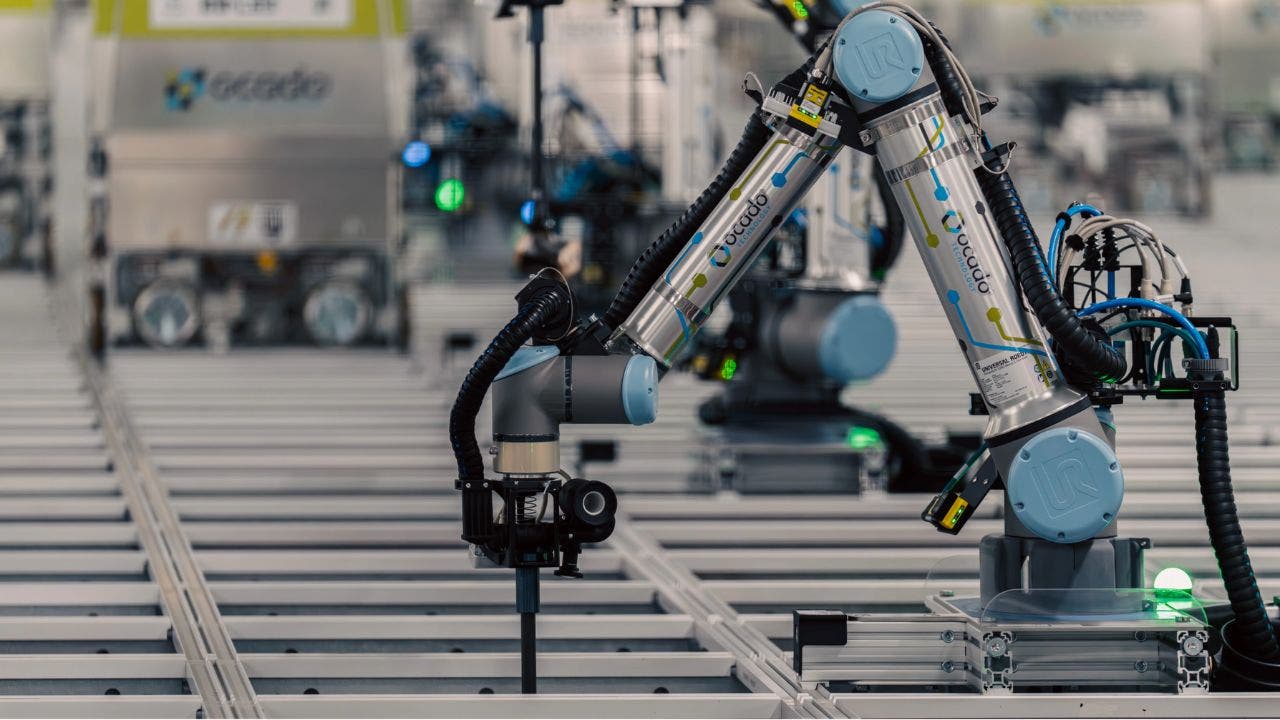OMA3 Unveils Ambitious Spatial Store Project to Transform the Open 3D Internet

In a significant move aimed at revolutionizing the virtual landscape, OMA3, a prominent association based in Zug, Switzerland, has announced the launch of its innovative project known as the Spatial Store. This initiative is designed to facilitate an open 3D internet, marking a crucial step towards empowering users within the metaverse. OMA3 operates as a consortium of leading creator companies in Web3, all committed to establishing foundational standards and infrastructure that support a user-centric metaverse.
The foundation of this initiative can be traced back to the evolution of the consumer internet in the 1990s, which emerged from restrictive systems like Compuserve and AOL. These early online environments, often referred to as "walled gardens," limited innovation and stifled the web's full potential. It was not until the research community began advancing open standards such as HTML and HTTP that the internet became a dynamic platform for creativity and connectivity. OMA3 aspires to replicate this transformative journey for the spatial or 3D web, mirroring the strides made for the 2D web in the previous decade.
In 2023, OMA3 commenced its work on the Inter World Portaling System (IWPS), which serves as the 3D hyperlink for the spatial internet. This initiative aims to create seamless connectivity between various virtual environments. The organization has already released an initial draft specification for the IWPS, inviting public feedback in 2024, and has hosted a public forum on the specification in collaboration with the Metaverse Standards Forum. Building on this momentum, OMA3 is now focusing on adjacent technologies that will support its overarching mission, with the Spatial Store being the next significant development.
The vision for the Spatial Store is ambitious yet grounded in practical functionality. It aims to allow users to fully engage with the entire open spatial internet, enabling them to navigate between diverse virtual worlds within a 3D environment. Users will have the capability to traverse across platforms using the IWPS, interact with friends across the metaverse, and conduct transactions using cryptocurrencies like the OMA token.
At the core of the Spatial Store is an application registry that operates on blockchain technology. Rather than going through conventional application submission processes typical of current app stores, developers will "tokenize" their applications on the blockchain. This decentralized registry serves as a stark contrast to the centralized servers that characterize popular application stores today, fostering a more equitable environment for developers and users alike.
Drawing parallels with the Netscape Navigator of the 1990s, the Spatial Store will feature a browser that interprets and filters applications from the application registry, presenting them to consumers in a user-friendly manner. OMA3 envisions this browser as just one of many potential application "browsers," with plans to open-source the browser. This decision invites developers to create their own browsers capable of navigating the same decentralized application registry, encouraging a broader ecosystem of innovation.
Dirk Lueth, co-founder of Upland and chair of OMA3, expressed his enthusiasm for the project, stating, "Today’s app stores are limited by design — they only showcase apps built for their platforms. But the metaverse is much bigger than any single ecosystem. With the Spatial Store, we’re bringing the entire metaverse to the user in a way that’s open, cross-platform, and truly immersive."
Robby Yung, the CEO of Investments at Animoca Brands and Vice Chair of OMA3, echoed this sentiment, emphasizing the importance of a decentralized platform. He remarked, "Animoca Brands has backed hundreds of Web3 projects, and many of them have faced friction or outright censorship from traditional, walled-garden app stores. A decentralized, permissionless app store is not just a nice-to-have — it’s a critical piece of infrastructure for the open internet we’re all building."
In a proactive move to engage the community and foster collaboration, OMA3 has released a Request for Proposals (RFPs) for the Spatial Store on its GitHub repository: https://github.com/oma3dao/. The organization warmly welcomes feedback and comments on GitHub. Additionally, organizations interested in contributing to the development of the Spatial Store and the essential infrastructure for the open metaverse are encouraged to join OMA3.


























